Know more:
Pedro Lisboa
(N. 14 July, 1951)José António Marques Pedro (Pedro Lisboa) was born and raised in Xabregas, Lisbon, with three siblings, in a very musical family, where his mother and maternal grandfather sang and his father played the accordion. Since he was a little boy, he listened to fado at home, far from knowing that this would be his greatest vocation. He began by appreciating the poems, which held his attention and, little by little, he began to relate them to his life experiences until, around the age of 15, a neighbor invited him to sing at Sociedade Musical União do Beato. From that moment on, Pedro Lisboa never stopped singing.
Still young, he left for a mission in Mozambique and Angola, as Second Sergeant of the Portuguese Air Force, where he continued to perform, always dreaming of professionalization. During those two and a half years that he was on mission, he sang at the Zambeze Hotel, in Tete (Mozambique) and, in Angola, he performed in “Severa”, “Muxima”, “Dom Quixote”, “Tamar” and was part of the shows “Chá das Seis”, “Cinema Nacional” and “Sétima Esquadra”, where he had the opportunity to interact with great names of Fado, such as Alfredo Duarte Júnior, Vasco Rafael, Gina Guerra, Vicência Lima, João Sequeira, Odete Mendes, Carlos Macedo, Zeferino Ferreira , Ana de Carvalho, Humberto Andrade and Maria José da Guia.
Returning from Africa, he settled in Cascais, where he sang in several Fado houses, such as “Kopus Bar”, “Arreda”, “Galito” and “O Picadeiro”, by guitar player António Chainho, until he jumped to the restaurants in Lisbon, after a conversation between Lucília de Carmo and the guitarist. The fado singer, who had already heard of Pedro Lisboa, asked Chainho to let him know that Carlos do Carmo would like to meet with him to perform in “O Faia”. Pedro Lisboa seized the opportunity and stayed at “O Faia” for half a year, dividing his time between this house and “Kopus Bar”. In the latter, he regularly met Ada de Castro who would become his Fado godmother and who invited him to sing at the Fado house where she performed, “A Severa”. There he stayed as a fado singer for nine years. At the invitation of Tony de Matos, he went to the city of Porto, where he stayed for four months and toured the best known Fado houses in the city. After returning to Lisbon, he also performed in the old “Painel do Fado”, in “Adega Machado”, in “Luso”, among others. Finally, he went to “Parreirinha de Alfama” where he remained for the longest time, performing there for fifteen years.
Some of his references, in addition to Ada de Castro, are Tristão da Silva, Rodrigo, Carlos Ramos, Manuel de Almeida and Max, from whom he drank various advice and musical inspiration, as well as Maria de Lourdes Carvalho, who also became his artistic godmother and gave him gave his stage name.
Pedro Lisboa's Fado is not limited to the traditional part of it. The voice and interpretation of the fado singer range from traditional melodies to popular music and revue theatre, having popularized various themes.
Always singing as an amateur, he turned professional in 1972 and, in the 1980s, obtained his first professional license. His career took him to numerous countries, such as Spain, Belgium, France and in particular Italy, a country with which he developed a cultural exchange of artists.
By his own choice, Pedro Lisboa has always reconciled his fado career with another profession. He started out as a locksmith and welder until, in 1982, he was invited by the Grupolis group to work there, having joined the staff two years later and where he continues today, being part of the management of the Lisbon branch. He is married to Virgínia Gomes, a former athlete and one of the most important speed record holders ever, and currently lives in the city of Setúbal, sung numerous times by the artist. In return, the city welcomed him with open arms and, in 2019, appointed him Ambassador for the national and international defense and promotion of the city's heritage. Three years later, on the 15th of September, Pedro Lisboa was awarded the Medal of Honor of the City, in the Cultural Activities class.
Pedro Lisboa's affection for the Setúbal can also be seen in the numerous concerts he gives in the city. On November 14, 2021, for example, the artist performed at the Luísa Todi Forum, in a show in his own name that featured guests such as Gonçalo Salgueiro, Maria Mendes, Inês Duarte, José Maria Fonseca, Deolinda de Jesus and the Grupo Coral Alentejano “Unidos do Lavradio”.
His artistic career spanning more than fifty years is also reflected in his discography. In 1978, he edited his first two EPs, “O Fado é bonito” and “Trinta Dinheiros”, both on the Alvorada label and, in 1982, he released “Lembras-te, Mãe” and his first LP, “Pedro Lisboa”, from Discosete, where themes such as “Recado” stand out.
Two years later, “Rios de Fado”, edited by Movieplay, whose theme “Não vás, amor, fica comigo” set the tone for the rest of the album's repertoire. In 1985, “Português de corpo todo”, his fourth EP, was released and, in 1987 and 1989, Pedro Lisboa released “Fado Quanto Te Quero” and “Pedro Lisboa”. The 2000s brought Pedro back to the studio, this time to record a CD. At the beginning of the new millennium, he released “O Fado que eu conheci”, followed by “Fado” (2002), “Falas do Coração” and “Fado Coração” (2006), “Meu Coração Alfacinha” (2009), “Notas com amigos” (2011) and “Lisboa, o fado e a guitarra” (2013).
His latest work, “Pedaços de mim” (2021), is a tribute to his mother and features fifteen songs, with “Rainha do Sul”, the track that closes the album, written entirely by him and featuring the voices of the Grupo Coral Alentejano “Unidos do Lavradio”. On this record, Pedro Lisboa joins the classic sound of the Portuguese guitar, viola and bass guitar, to the traditional sounds of the accordion, in a record full of Portugueseness and where the clean and serene voice of Pedro Lisboa transports us to a plane of contemplation not only of feelings, but of the tradition of Fado.
Source:
Interview with Pedro Lisboa, 2022
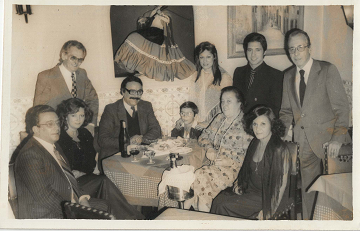
Restaurant "A Severa", 1979. Pedro Lisboa with Maria do Espírito Santo, José Moreira, Arminda da Conceição, Lina Santos, Adelino dos Santos and Humberto de Andrade
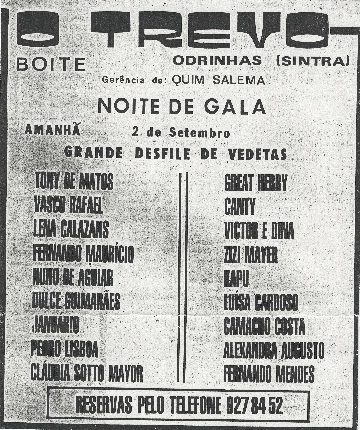
Flyer of the restaurant "O Trevo". "Grande noite de Vedetas"
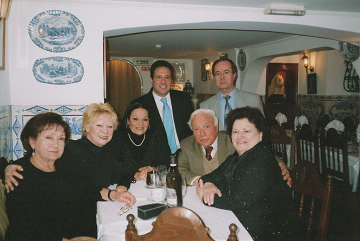
Restaurant "Parreirinha de Alfama". Pedro Lisboa with Argentina Santos and Tina Santos
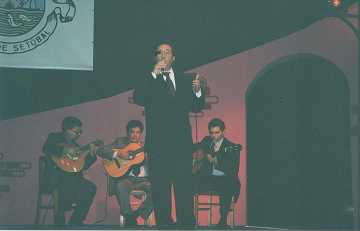
Pedro Lisboa performing at at Fado contest in Setúbal. April 19, 2002
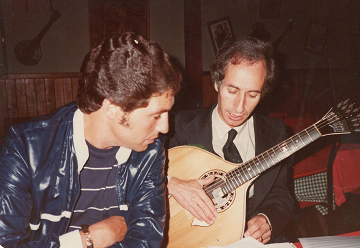
Pedro Lisboa with Armindo Fernandes
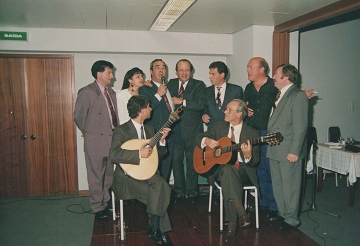
Pedro Lisboa with João Ferreira-Rosa, José Freire, Chico DIas, Maria Mendes, Arménio de Melo and José Maria Nóbrega
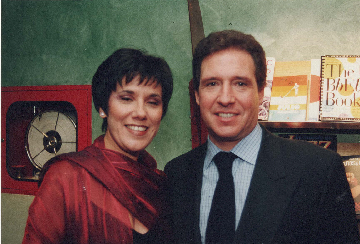
Pedro Lisboa with Deolinda de Jesus
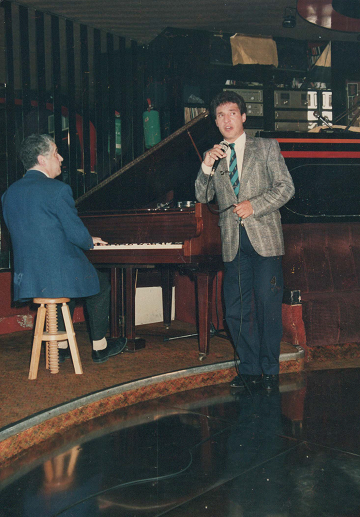
Pedro Lisboa perfoming at the TV show "Piano Bar"
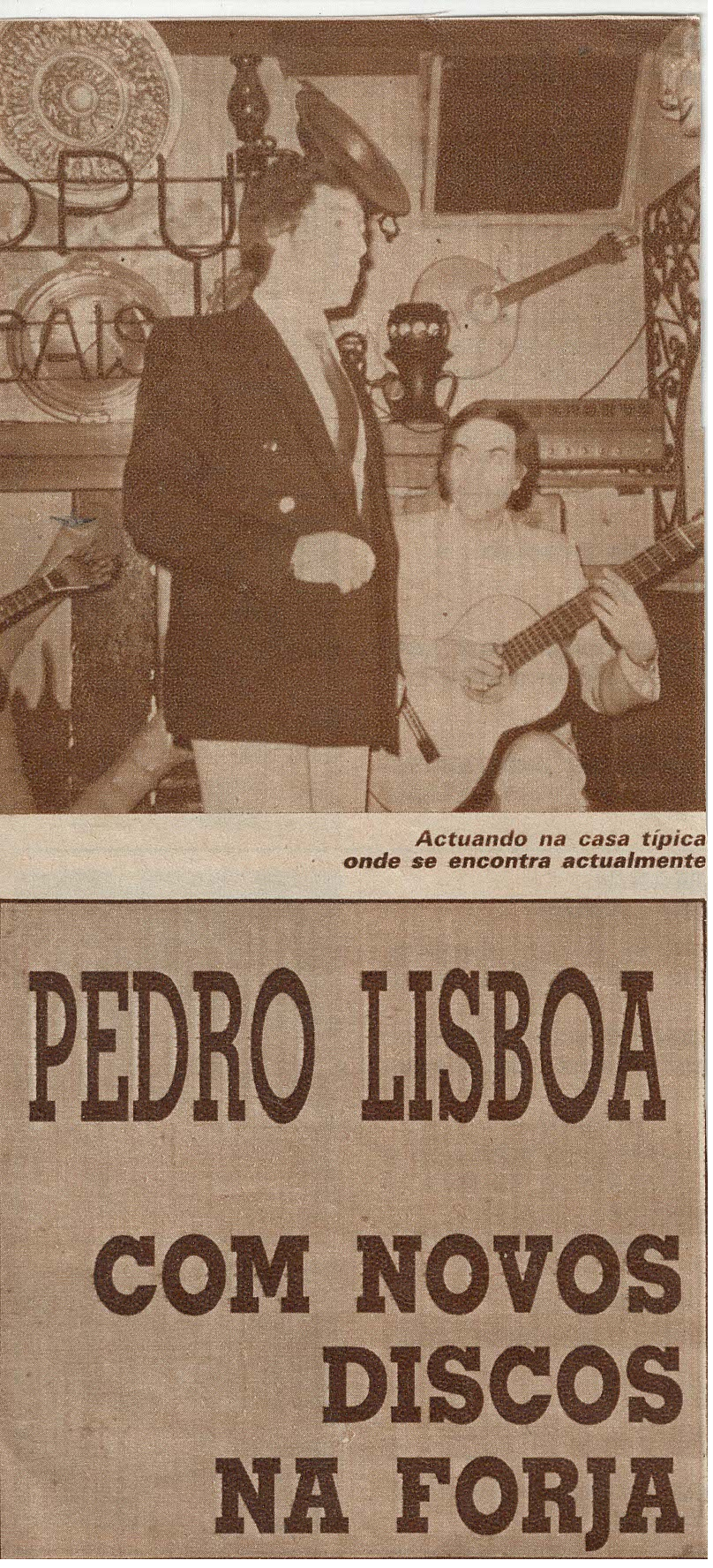
Newspapper clipping about Pedro Lisboa
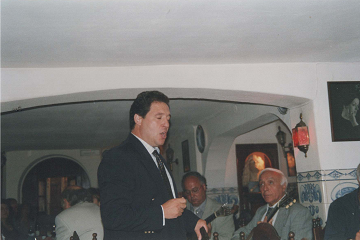
Pedro Lisboa performing at the restaurant "Parreirinha de Alfama"
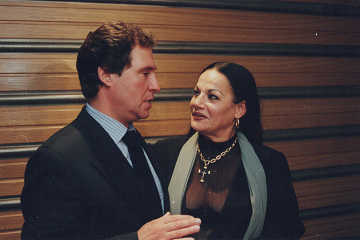
Pedro Lisboa with Tina Santos
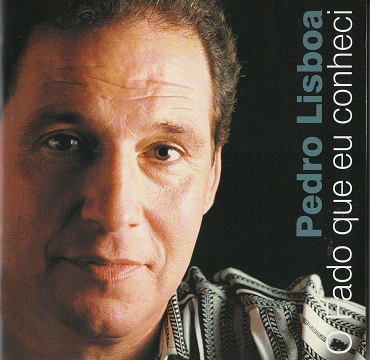
CD Cover "O Fado que eu conheci!"
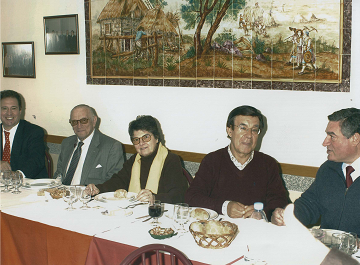
Pedro Lisboa with Mário Moniz Pereira, Maria de Lurdes Carvalho and António Chainho
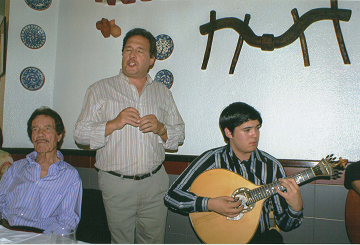
Pedro Lisboa with Ângelo Freire
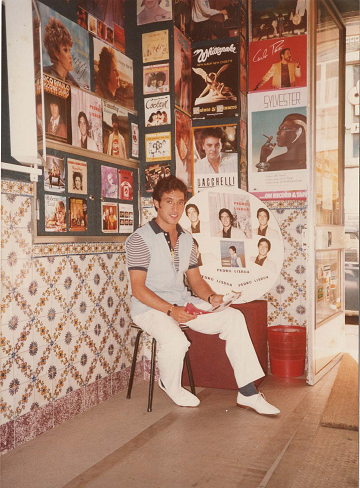
Pedro Lisboa
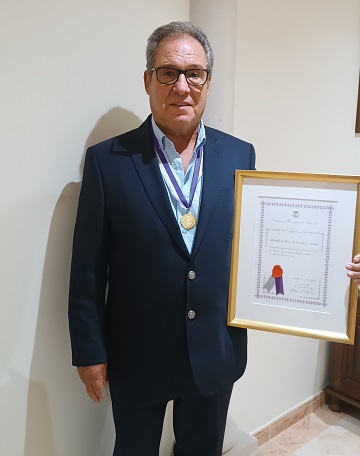
Pedro Lisboa receiving the Medal of Honor of the City of Setúbal
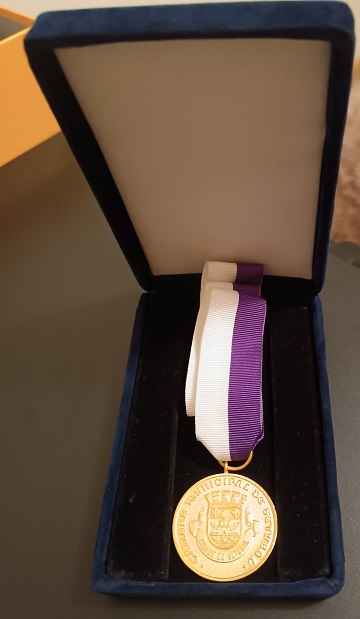
Medal of Honor given to Pedro Lisboa by the City of Setúbal
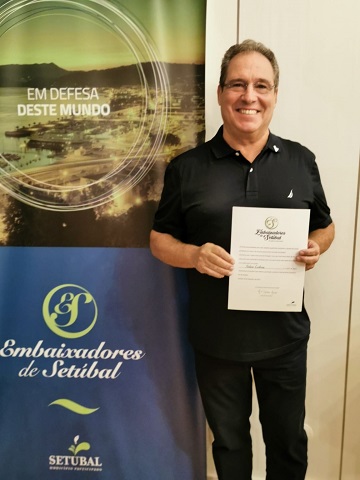
Pedro Lisboa receiving the title of Ambassador of Setúbal
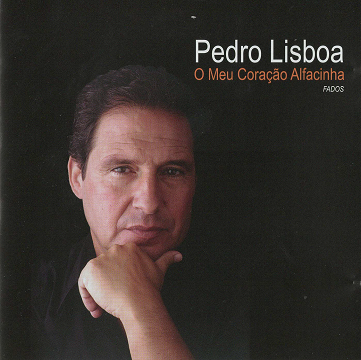
CD Cover "O Meu Coração Alfacinha"
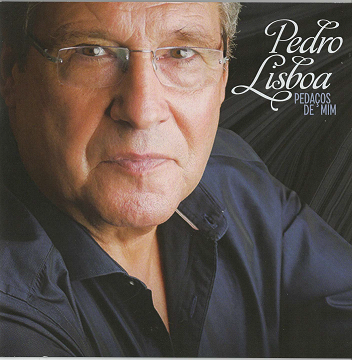
CD Cover "Pedaços de Mim"
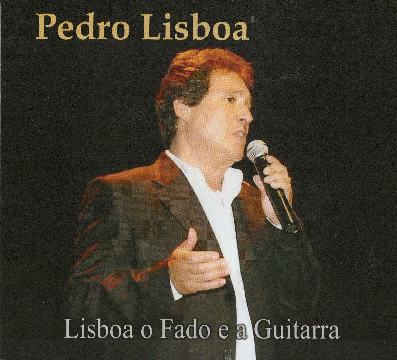
CD Cover "Lisboa, o Fado e a Guitarra"

LP Cover "Pedro Lisboa"
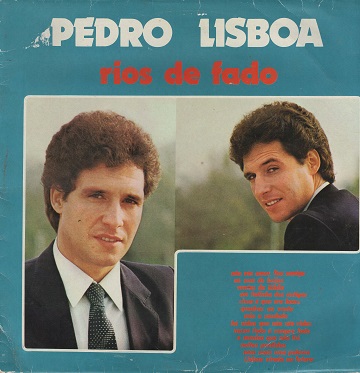
LP Cover "Rios de Fado"
